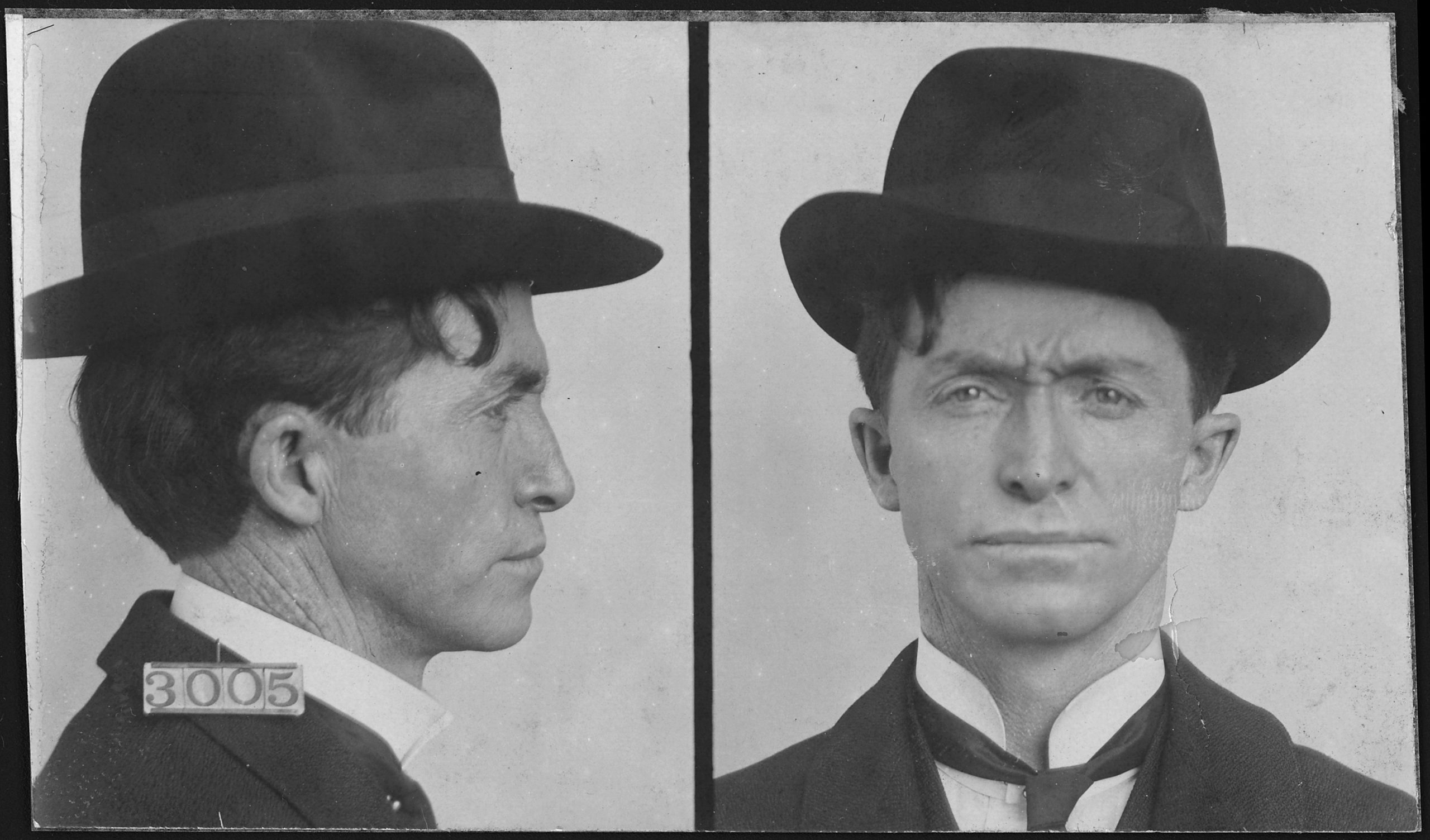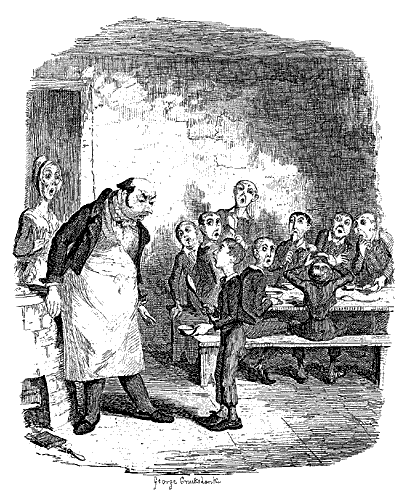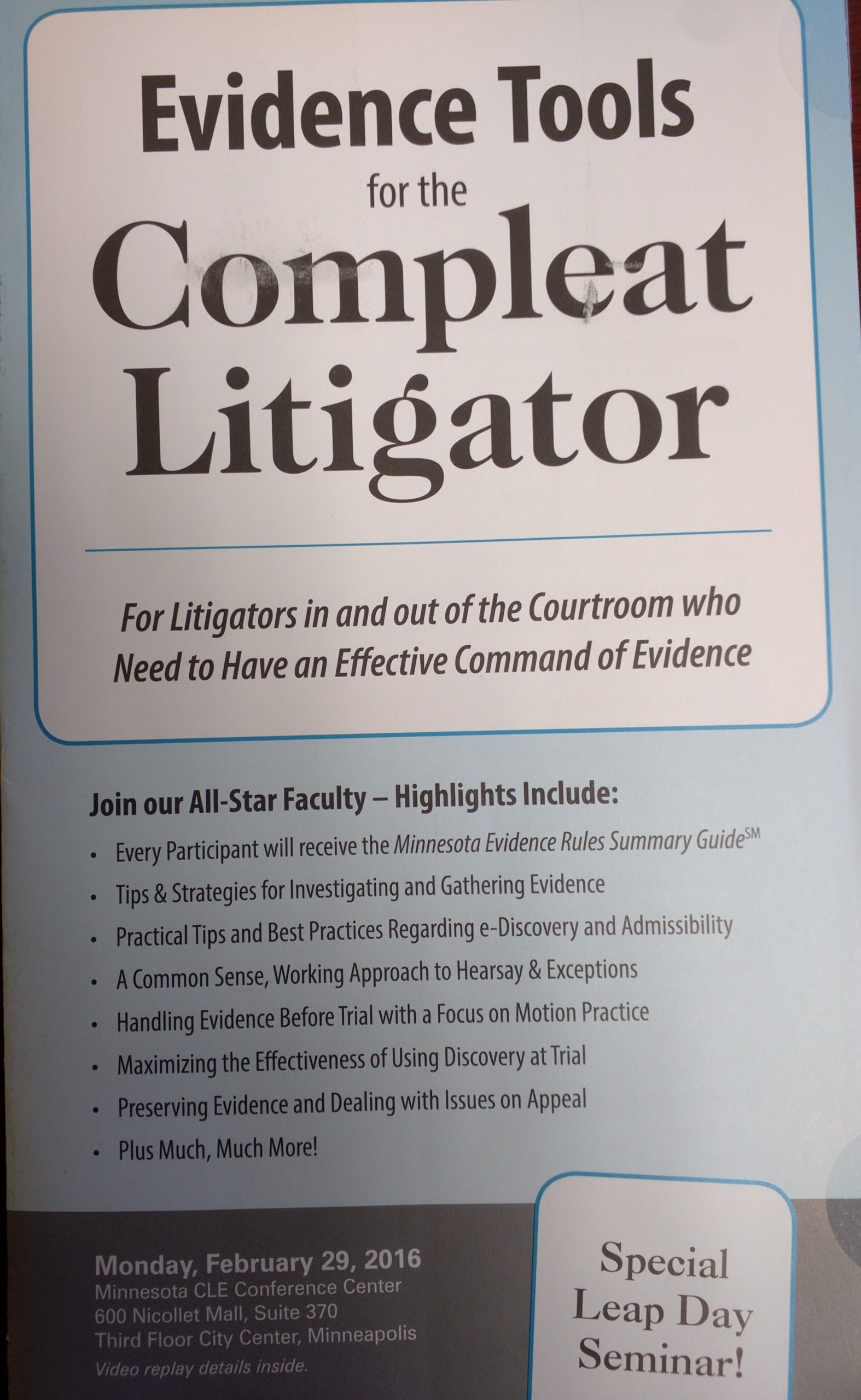INT. FEDERAL COURTROOM MINNEAPOLIS MINNESOTA – DAY At one table, a lone middle-aged man, distinguished, impeccably-dressed, scowling. At another, three government lawyers, bored. Enter Law Clerk from door behind judicial bench, also bored. LAW CLERK All rise! The Honorable Judge Patrick J. Schiltz presiding… Enter U.S. District Court Judge Patrick J. Schiltz (D. Minn.) from […]
In Minnesota, as in many states, courts draw a distinction between claims that company shareholders can bring: direct vs. derivative claims. In short, shareholders sometimes bring claims against companies because, they allege, the companies have harmed the shareholders directly. In other cases, however, shareholders bring claims against companies, alleging that company actions hurt the company […]
Regular Minnesota Litigator readers will be familiar with earlier coverage of “brain raids,” as I call them — the competition between corporate adversaries for “human capital,” that is, experienced, talented, motivated, specialized employees or corporate officers (click here, here, here, or here, for examples of previous posts on the subject). “Brain raids” don’t just pit corporations against […]
Update (January 26, 2016): One more revolution in the slow wheel of justice…. (Attorney Timothy Oliver is suspended from the practice of law pending the petition for his disbarment.) Update (September 15, 2014): Reporter Jim Hammerand, Minneapolis St. Paul Business Journal (subcription required) reported attorney Timothy J. Oliver’s guilty plea to felony wire fraud this past week. […]
In the Bubble Pony v. Facepunch lawsuit, covered here previously, Plaintiff’s counsel has come to court, bowl in hand, to ask Sr. U.S. District Court Judge David S. Doty (D. Minn) for more civil procedure gruel. That is, Plaintiff’s counsel is asking for permission to ask his adversary, Facepunch, more “interrogatories.” The court permits 25 questions […]
Update (January 22, 2016): In the original post, below, I questioned when it is appropriate to impose a defendant’s legal fees on a losing plaintiff. And when should a plaintiff win its attorneys’ fees from a multi-year battle against a defendant (absent a statute or contract allowing for fee-shifting)? U.S. District Court Judge Susan R. Nelson […]
A recent disastrous pro se employment case (for the pro se plaintiff) reminded me of the libertarian anti-licensure position. If it were up to strict libertarians, we would not require licenses to practice law (or dentistry, surgery, psychiatry, architecture, or engineering etc.). The libertarian argument is that “government red-tape” and regulation increases the costs for lawyers, […]
(Are trial lawyers to [sic] busy to proof-read marketing material?)
Update (January 15, 2015): When plaintiff and defendant both move for summary judgment and both motions fail, who’s the actual loser? As between the parties, that question cannot be answered as a general matter. But, at the risk of being cynical, it’s clear who the bigger winners are as between the litigants and the lawyers, if […]
I am often critical of our justice system because it is too expensive to be useful for most legal disputes that most Americans have, day to day. I do not keep track of the number of people who come to me with serious problems (such as a property dispute, a business dispute, or other serious […]










